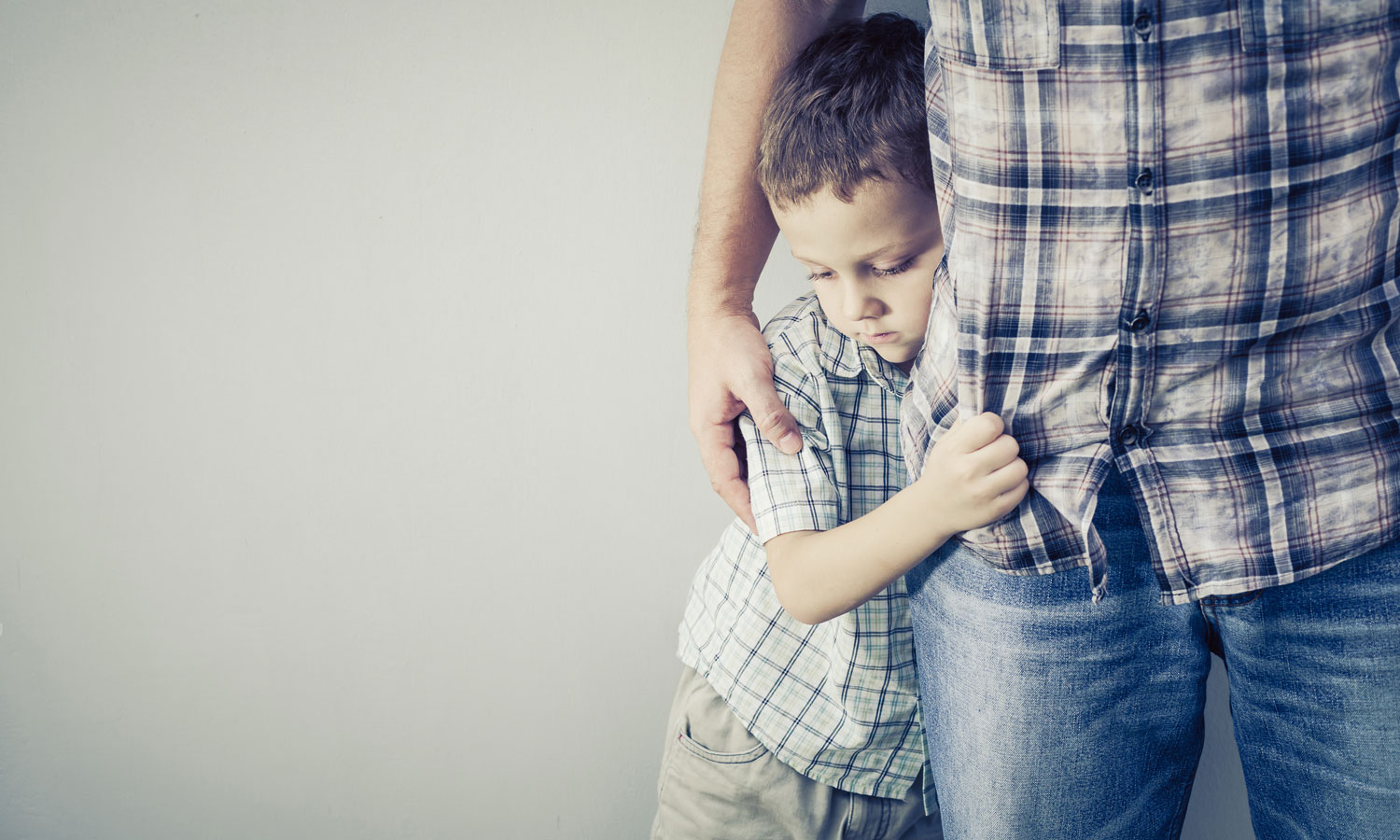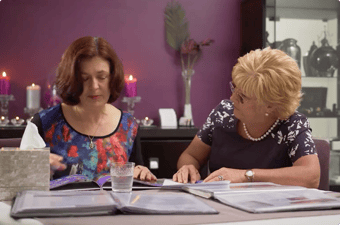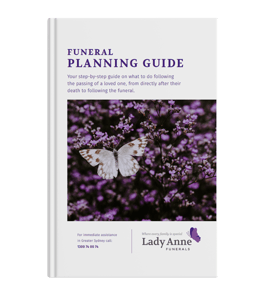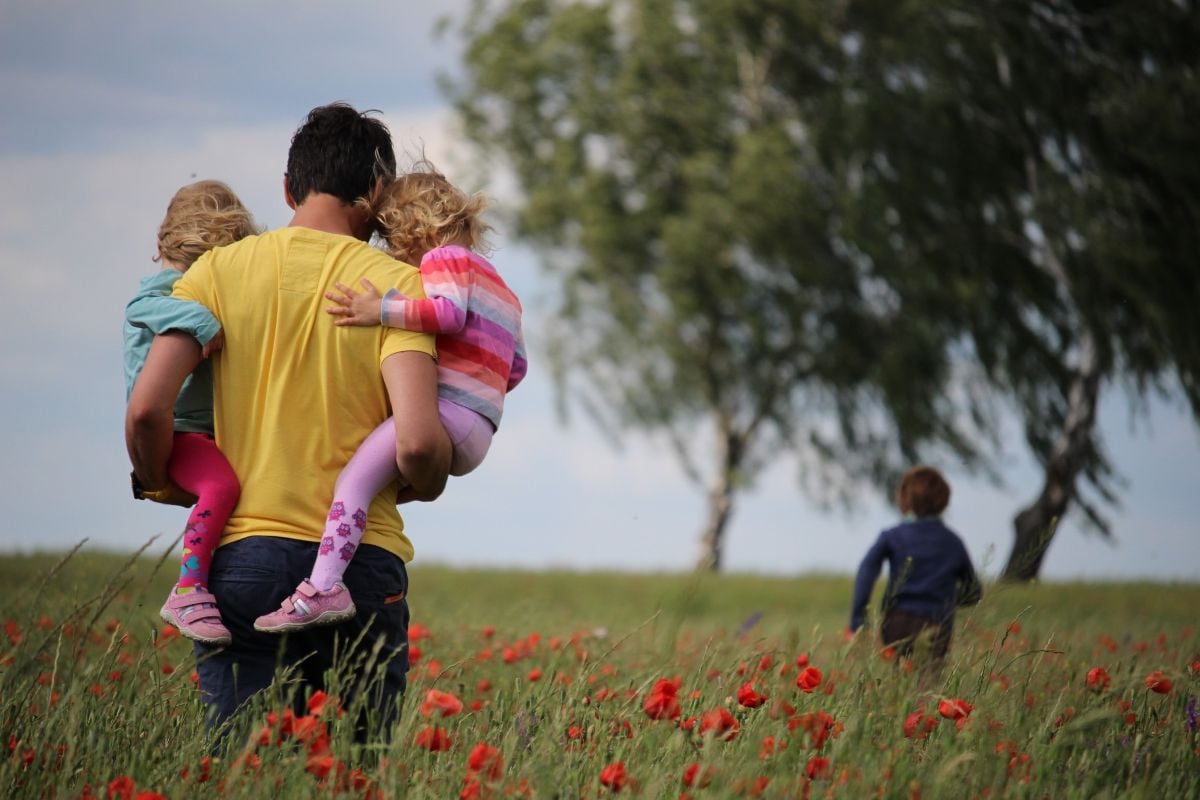The loss of a loved one can be a traumatic time for families, and especially children, as it is a confusing time above anything else. When the loss of a close relative or friend occurs it can be difficult to explain to a young child where they have gone, and why everyone is behaving differently. On the opposite end of the scale, a child can brighten the mood on an otherwise difficult day by breaking up the formality of the service. Only you and your family will know the right decision for your circumstances.
There are several factors that can contribute to making the right decision for your family and circumstances regarding taking your child to a funeral. Most funeral directors in Sydney are very accommodating of children and have experience in helping families come to a decision when including children in the funeral or not.
A child's response to death
Children have varying levels of maturity and understanding when it comes to the passing of a loved one. Children at different ages react differently to death. It has been confirmed that a child under the age of 4 has difficulty processing death. Our Funeral Directors have experience helping families make the right decisions when deciding on how to say goodbye to their loved ones. Children can respond differently to open caskets, services where a cremation has taken place, and religious ceremonies outside of their daily routine.
The temperament of the child
Children go through emotional phases depending on their stage of development. Your child might be very polite and well mannered on most occasions, and suffer terrible tantrums and irrational behaviour as part of the grieving process. Children can grieve very differently to adults so it’s important to make the decision based on their current behaviour when trying to cope with the loss of a loved one.
The other grievers on the day
You know your family and friends best - how will people react in the worst case scenario of your child misbehaving? How will it feel for you on the day? It can be difficult for children to understand the grieving process and the intense mood of the day may have them reacting poorly to the quiet and the sadness of people they regularly see happy. If it is important to you to have your children at the funeral and you are not sure about the way they will react, taking along a friend who the child knows can be a good way to ensure you are able to attend the service without worrying about disrupting the funeral.
How close the child was to the relative or friend who has passed
Perhaps the most important thing to consider was the closeness of the relationship between your child and the deceased. A child may not react well to an open casket, which might have been the deceased request. An older child may also want to have been asked if they wanted to attend the funeral. If a child decides they do want to go, preparing the child for the environment can make it easier for them to process. It is natural for a younger child to be inquisitive, so answering questions and discussing the process of the funeral before attending can make understanding easier. Perhaps bringing them along to a meeting with the funeral director prior to the funeral will help ease their mind with another familiar face on the day.
For additional support and direction when helping a child through the mourning process, a good resource is The National Centre for Childhood Grief. It can be difficult to know exactly what to do under the circumstances of the passing of a loved one. A Lady Anne funeral director will be able to provide additional information to you and your family should you require some tools for discussing grief and mourning with your child. We're here when you need us.
For some guidance from our team in approaching the conversation around the funeral with your child, see our post on helping your child cope with the loss of a loved one or join our supportive Facebook community.









